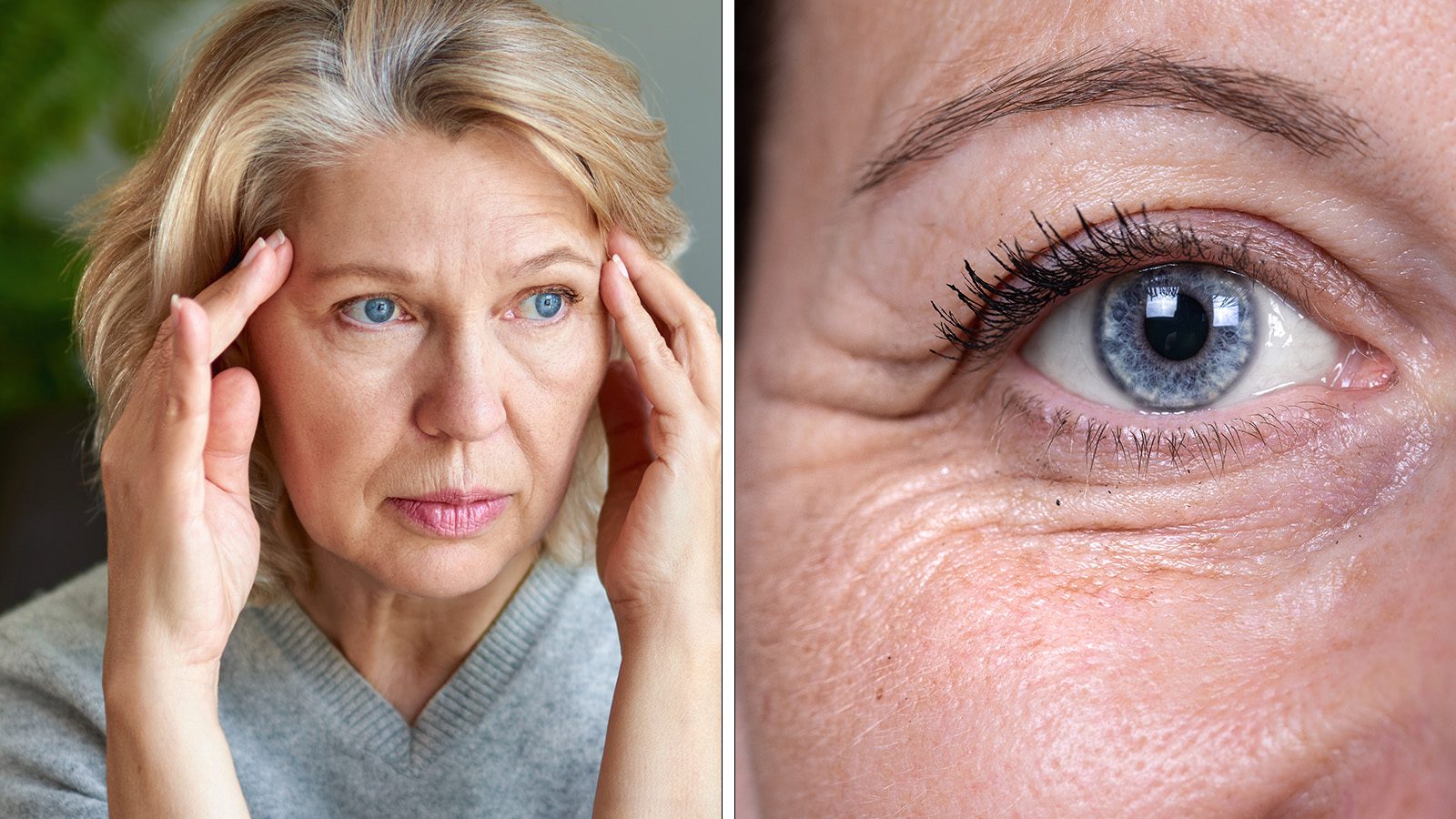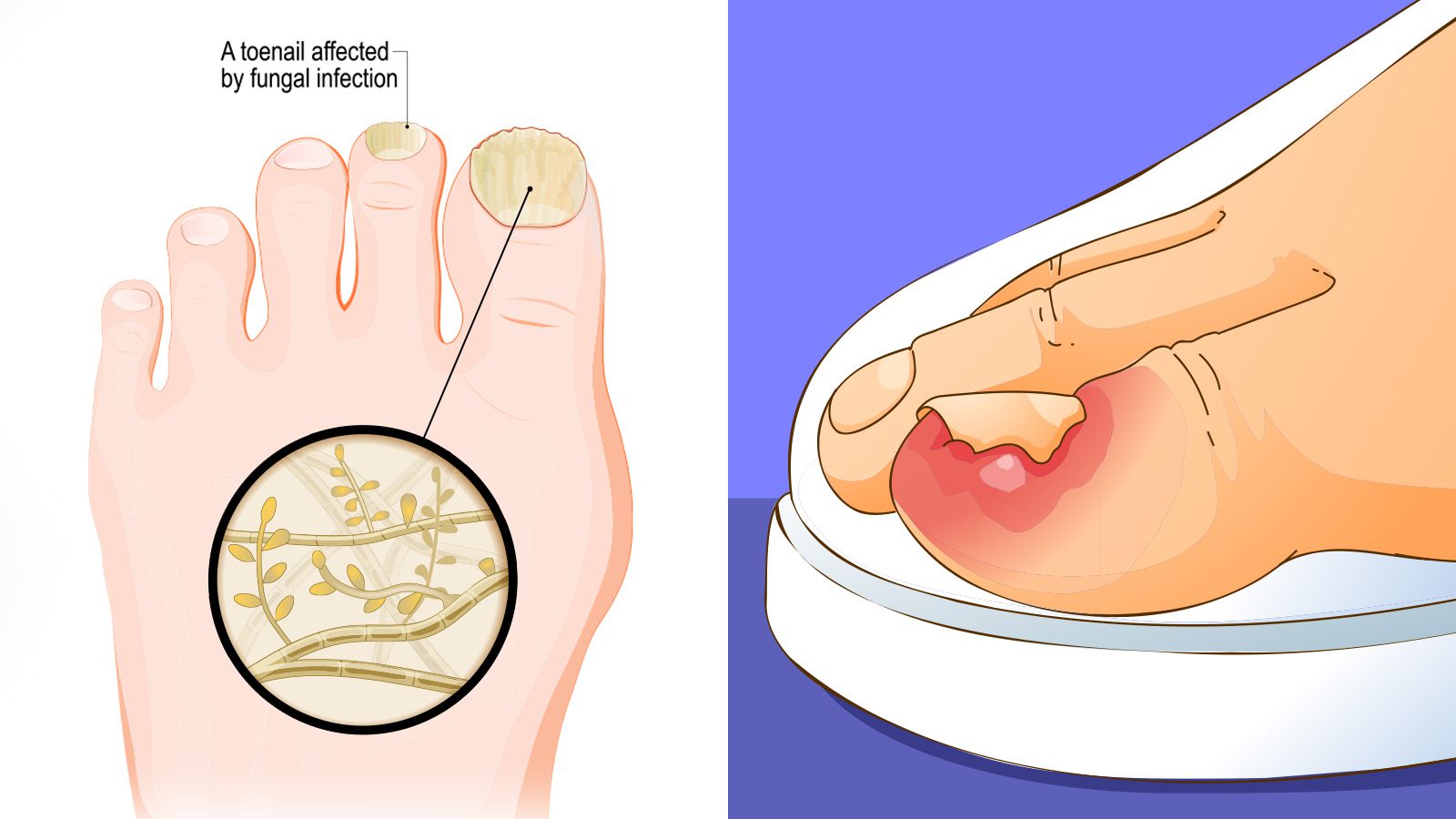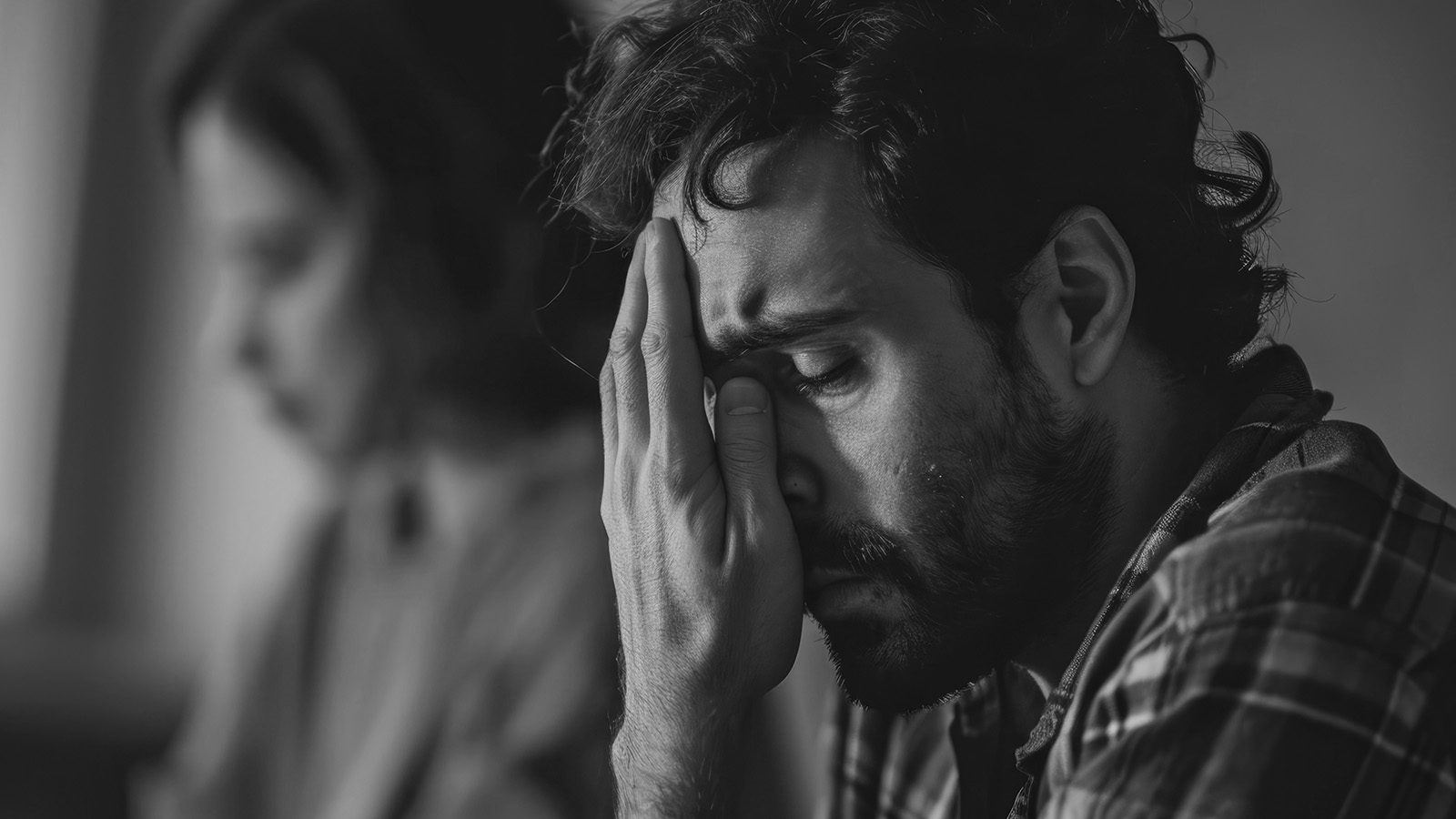Depression can strike children, teens, men, and women alike at any time. Upward of 17 million people in the US will experience some form of a depressive state or disorder in their lifetime. (1)
Depressive disorders can be tricky though. Feelings of emptiness and sadness are common at certain times in our lives. At what point do we admit there might be a deeper issue?
If you’re experiencing the symptoms below for longer than two weeks, you should consider speaking with a health professional as soon as possible. Ruling out underlying conditions and receiving a correct diagnosis is key to finding the help you need.
Are You in Denial?
Being in denial can stop you from answering medical professionals and concerned family and friends honestly, including direct questions from a doctor. Are you well aware of your condition and symptoms? Does your guilt and shame lead you to lie or hide it?
You might be able to fully isolate yourself from pain for a time. However, eventually it will become too much for you to handle or hide.
Mental illness is nothing to be ashamed about having. Each year the world takes steps to better understand temporary and lifelong mental health conditions. Remember, it’s not a sign of weakness or imperfection. We’re all perfectly imperfect.
Digging Deeper than Normal Stress
Emotional stress shares many symptoms with other mental illnesses. Their treatments can be similar too. Feel good endorphins, for example, and treatments that boost them are common remedies for both.
Stress is generally temporary with an outward cause. You’ve taken on extra hours or responsibility at work, you’ve run into financial difficulties, or a loved one is sick can trigger stress. However, when the outside trigger disappears or lessens, so does the stress. This isn’t the case with mental health issues, such as mood disorders.
The Dangers of a Hidden Depressive State of Mind and Associated Mood Disorders
Symptoms of depression often mimic other illnesses, but you can have both an underlying condition and depression. Even if you suspect a depressive state or condition is the cause of your symptoms, you should speak with a general practitioner or naturopath too.
If you continue to ignore your symptoms, believing your depression will go away, you’re risking your health and mental stability by not seeking help. Your symptoms might have their root in mental illness, but the damage to your body is real.
10 Symptoms of Depression You Shouldn’t Ignore
Look at yourself closely for a pattern of symptoms, including multiples. Symptoms typically last six months or longer, with most patterns arising within a few weeks of onset, and they can be constant daily issues or reoccurring enough to disturb your life.
1. Insomnia or Trouble Sleeping
Insomnia, sleeping disorders, and depressive disorders do seem to coincide with one another frequently, but studies have limited views because it’s a symptom of other disorders. It can be prevalent though and make your symptoms worse.(2)
2. Suddenly Eating Less, More, or Meal Skipping
Sometimes life gets the better of you and to make up for lost time you’ll skip a meal, make poor food choices, or feel so rushed that you eat a smaller meal. If the instances are rare, you’re likely not experiencing a symptom of depression.
When it becomes a pattern, you need to take a close, hard look at the cause of your sudden eating habit shift. Creating a food diary can help. Be sure to track your hunger, emotions, and your actual food choices inside it.
If the idea of lugging around a physical diary is too much, you can try an app that alerts you to log on a regular basis or the basic notepad app in your phone or tablet works well too.
3. Digestive Issues
Indigestion, heartburn, stomachache, constipation, and diarrhea can all be underlying symptoms of depression. If untreated, you can have vitamin deficiencies and long-term damage to your stomach and esophagus.(3)
4. Your Thought Process Fails or Slows
Having an off day here and there isn’t reason enough to reach for a depressive condition being your cause. If you have more days or everyday occurrences, you should speak with a medical professional about your concerns. (4, 5)
Common symptoms include:
• Inability to concentrate
• Forgetfulness or failure to recall memories correctly
• Inability to make decisions
• Inability to multi-task
• The speed at which your brain processes
5. Hormonal Shifts
The hormone cortisol increases in your body when you’re depressed or stressed. This single hormone can be responsible for other symptoms or aggravate them. It can also damage weight-loss efforts, lower your immune system, and increase your blood pressure.
6. Sudden or Unexplained Self-destructive Behaviors
If you have one of these behaviors, you might believe it’s because you’re weak willed or have an addictive personality. Your self-diagnosis would be incorrect. Self-destructive behavior tends to become rooted in individuals from an early age or because of trauma.
Common Self-destructive Behaviors:
• Drug and alcohol abuse
• Binge eating
• Cutting or self-injury
• Risky sexual behavior
• Risky non-sexual behavior
• Destructive thought process, e.g. self-fulfilling prophecies
Tackling self-destructive behaviors can pose challenges. It’s an addiction, and you need to address it as such you would drug and alcohol problems. First step is admitting it’s part of a mental illness. Affirm that it’s not who you are or part of your personality.
The next step is to speak with a medical professional and trained mental health expert.
7. Irritability
When you’re depressed, you might find you’re more irritable or quick to snap. Your once moderate to endless patience transforms into a big fat zero. It won’t matter how little or big the infraction either; you’re a walking volcano ready to erupt.
The Mayo Clinic lists the symptom with men, but children and women can experience it too. Pre-menopause women might mask it better because the rage mimics PMS irritability. The difference is it doesn’t go away once your period arrives or ends.
8. Extreme Feelings of Emptiness
The easiest way to explain this symptom is numbness. You can’t care or feel even if you want to or should. Numbness can often lead to poor choices and risky behavior because deep down you’re trying to feel anything.
Being empty is a scary feeling on its own. Imagine watching a sad movie, but instead of evoking an emotional response, you stare blankly at the screen. A friend who you love dearly walks down the aisle, and you know she is beautiful and that you should be happy for her, but you feel nothing.
We tend to don masks during these periods of extreme emptiness, and we generally ignore their cause. The facade is far easier to plaster on our faces.
9. You Can’t Get Out of Your Bed
Can’t is a strong word. One symptom of depression has an almost paralyzing effect on your body, but you can move if needed.
Muscle fatigue and soreness could play a role in this. Your body goes under a lot of stress when you’re depressed. This includes your muscles and major bodily systems. If you aren’t sleeping well, your symptoms could be worse.
10. Suicidal Thoughts or an Obsession with Death
If you or a loved one is contemplating suicide or self-harm, you should seek help immediately by calling a local or national suicide hotline. You can even visit your emergency room or dial local authorities who will provide assistance.
Suicide attempts are more common than many people realize when combined with depressive disorders, including hidden and undiagnosed depressive disorders.
Suicide Facts:
• An average of 129 people die daily from suicide
• An estimation of half of people experiencing depressive disorders with suicidal thoughts seek treatment
• Suicide ranks 10th on the leading cause of death for all ages in the US, including children; it’s the 2nd leading cause worldwide
• For every 25 attempts, one person is estimated to be successful
Suicide and mood disorders share a close link. More research is necessary, but the social, physical, mental, and emotional strain they places on an individual can play a large role in the dark thoughts about death and suicide attempts.
Obsessing about death itself can be a hidden symptom. Some people without mental illness simply find beauty in death, autopsies, and graveyards. They might find a fascination in ways to die, but they’ve never actually considered using the methods on themselves.
It creates a fine line when you add in a depressive disorder, and you’ll need to be more mindful of your attraction to death and what drives you to it.
Final Thoughts on Hidden and Undiagnosed Depression Symptoms
Depression is treatable with a relatively high success rate. Diagnosing is relatively easy for a trained medical professional and an honest patient.
If you develop the symptoms above, it’s a good idea to keep track of them and see if patterns exist. Share your journal with your doctor too.
Even if you’re aware of the cause of your depressive state, you shouldn’t avoid treatment. The same applies if you feel ashamed because mental illness is prevalent worldwide. Find a doctor or therapist you trust and confide in them.
You’re not alone. Always remember that.















